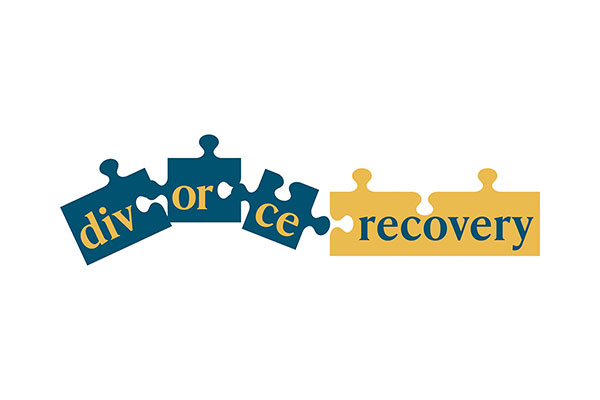Supporting a Spouse with Depression: Two Essential Tips for Partners
Supporting a spouse who battles depression can be emotionally draining and challenging. As a loving partner, it’s natural to want to help your partner through their difficult times. However, it’s crucial to approach this delicate situation with care, empathyEmpathy is the ability to understand and share the feelings of another person. In psychodynamic ther…, and understanding. Here are two critical pieces of advice to help you support your spouse effectively while protecting your own well-being.
1. Prioritize Your Own Support and Self-Care
Caring for a spouse with depression or anxiety can be overwhelming and exhausting. Your empathy is a powerful asset, but it can also become a burden if you neglect your own needs. Intuition, while well-meaning, may not always be the best guide for supporting your partner because it’s deeply rooted in love and may overlook your personal limits.
If you find yourself working harder than your depressed partner, it’s a sign to seek outside support. Don’t overlook your own mental and emotional health. Stay connected with friends, family, or support groupsSupport Groups are gatherings of individuals who share similar experiences, providing mutual support… to maintain your resilienceResilience is the ability to adapt and recover from adversity and trauma. Building resilience is ess…. Remember, your spouse’s depression and isolation can quickly impact you as well, and they need you to be strong and healthy—now more than ever. Taking care of yourself is an essential part of caring for your partner.
2. Approach Your Spouse with Compassionate Boundaries
How you engage with your spouse can make a transformative difference. Lead from behind—accept that you cannot fix their depression alone. Taking on the responsibility to “fix” them can undermine your patience and wisdom on this journey. Your spouse is their own person, and maintaining clear boundariesBoundaries in group therapy are the limits established to maintain a safe and respectful environment… while providing support is essential.
Remain steadfast in love, encouragementEncouragement in group therapy refers to the positive reinforcement provided by the facilitator and …, and support, but avoid letting your anxiety about their condition dominate the relationship. Start conversations with open-ended questions to understand what they’re experiencing. Avoid assumptions or trying to correct their feelings. For example, instead of saying, “You are such a good friend, I don’t know why you feel this way,” try saying, “Feeling like you don’t have anything good to contribute repeatedly must be so frustrating.” Allow your spouse to fill in the gaps and express themselves authentically.
Trying to solve every problem for a depressed spouse can inadvertently foster dependence and hinder their healing. Encouraging self-identified insights is far more effective for long-term recovery. Gently explore if they have considered therapy, but avoid pushing or demanding attendance. Experience shows that partners who feel pressured into therapy often disengage and may cancel appointments.
If you’re looking for more guidance on how to support a spouse with depression or want professional help for mental health support in relationships, reach out to a qualified therapist. Strong partnerships grow when both individuals feel supported, understood, and empowered.





